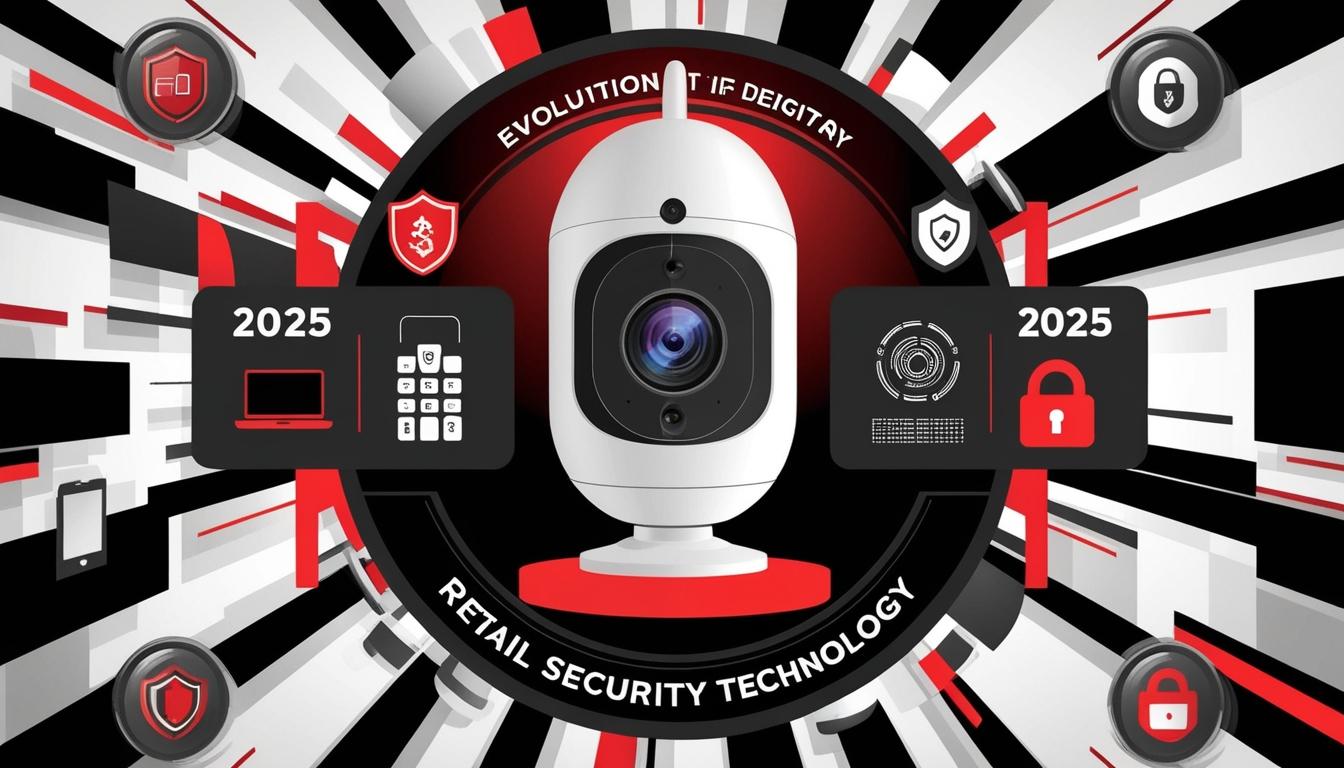Interface Systems has released an analysis detailing key trends in security technology that are set to define the retail and restaurant sectors by 2025. The report highlights a notable shift towards the integration of artificial intelligence (AI), advanced video analytics, and sophisticated monitoring solutions that are all crucial for enhancing security measures in these industries.
According to Interface Systems, there is a rising sophistication in retail burglaries, particularly from organised crime groups employing elaborate "imposter" tactics to gain access to businesses. These groups often impersonate employees, accessing unsecured areas to execute thefts. More concerning, they have been known to employ techniques such as cellular jamming, which disrupts alarm systems, enabling them to disable on-site video cameras and exploit weaknesses in backup security measures. In response to such emerging threats, Interface recommends that businesses increasingly adopt cloud-based video systems along with redundant recording solutions and active remote monitoring to bolster system resilience and facilitate real-time threat detection.
The report indicates that the adoption of cloud-based video technologies is expected to increase, largely due to the scalability and convenience they offer for remote monitoring. However, the growth in this area is likely to face obstacles, particularly related to the availability of suitable network bandwidth and the costs associated with high-resolution video storage. Despite these challenges, Interface anticipates a steady uptake as advancement in technology permits more efficient storage solutions without sacrificing video quality.
As part of this technological evolution, video analytics is predicted to become an essential factor in prevention and detection. The integration of AI-driven solutions will simplify deployment processes for companies, making it easier to establish robust remote video monitoring (RVM). The forthcoming innovations are expected to merge video analytics with other security components such as access controls, alarms, and environmental sensors. This would lead to the creation of comprehensive, intelligent security systems capable of employing features like automated locks to prevent unauthorised access or voice messages designed to deter theft or loitering. However, the need for human oversight in AI functionalities remains critical to ensure sound decision-making during high-stakes scenarios, as well as to foster trust in these technologies.
Moreover, Interface Systems is poised for enhancements in conversational AI to further improve remote video monitoring capabilities. Current AI systems focus on recognising 'what' needs a response, such as human movement or vehicle activity. By 2025, advancements are anticipated that will allow these systems to discern 'how' to respond, leading to more context-aware automated interventions. For instance, AI could issue personalised announcements based on specific situational details like a vehicle's characteristics or a suspect's attire, thus augmenting the effectiveness of automated actions. Continuous refinement of machine learning models is expected to enhance these interactions, as they evaluate results and adjust response strategies to bolster prevention efforts.
Sean Foley, Chief Revenue Officer at Interface Systems, stated, “As threats continue to evolve, we anticipate that innovation in AI, video analytics, and cloud-based solutions will empower businesses to stay ahead of security challenges. At Interface, we remain committed to developing and delivering next-generation security technologies that prioritise proactive prevention and operational efficiency.”
As these technologies continue to develop, the landscape for retail and restaurant security is likely to undergo significant transformation, promising increased robustness in the fight against sophisticated crime tactics.
Source: Noah Wire Services
